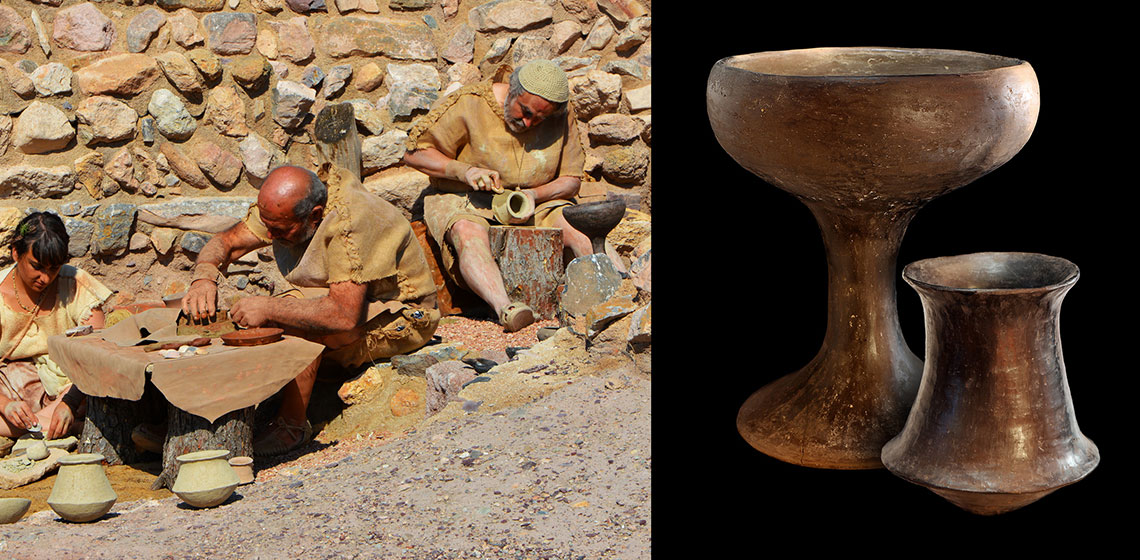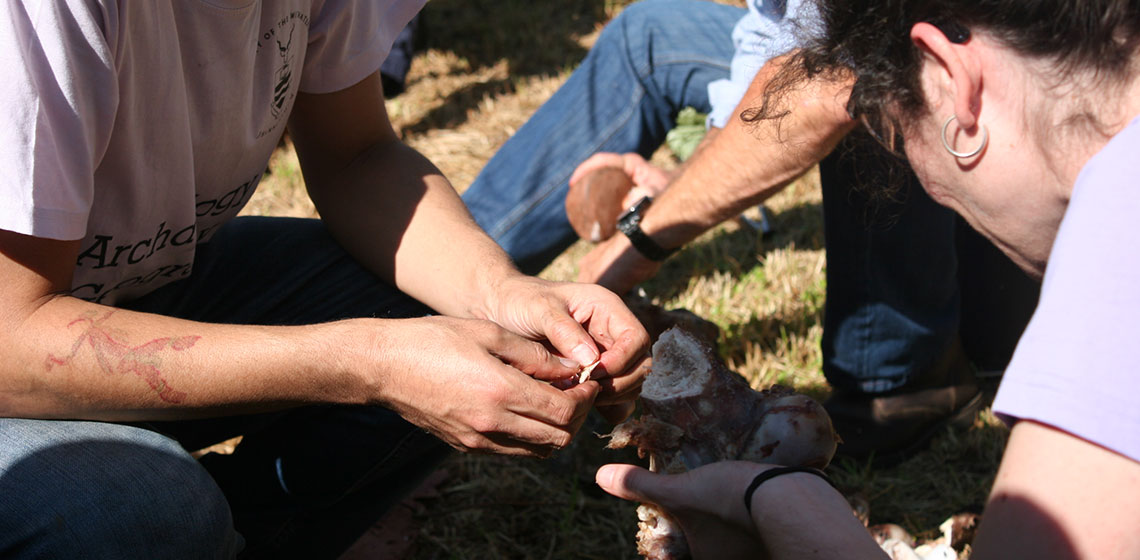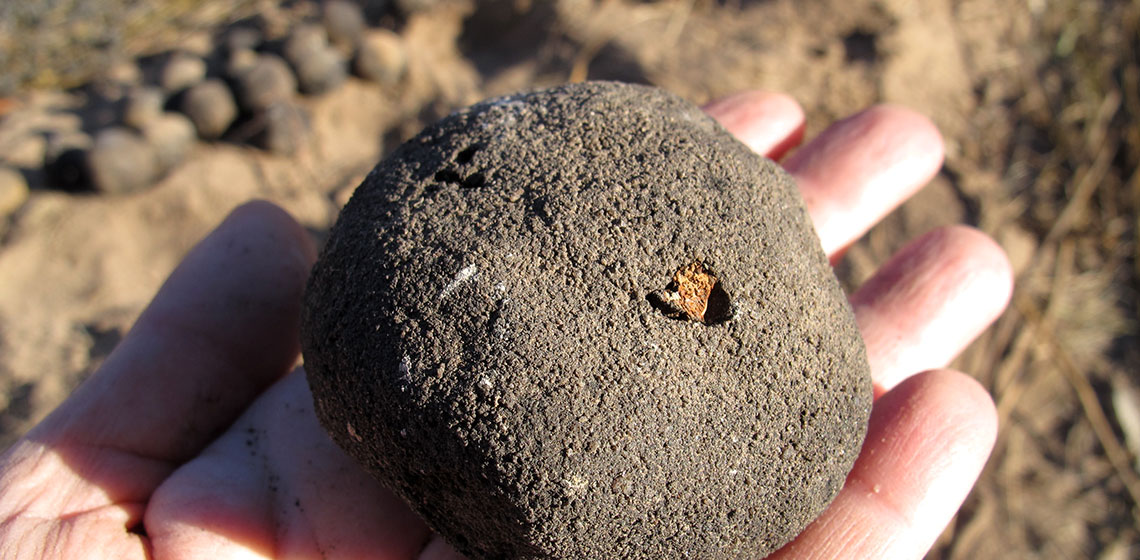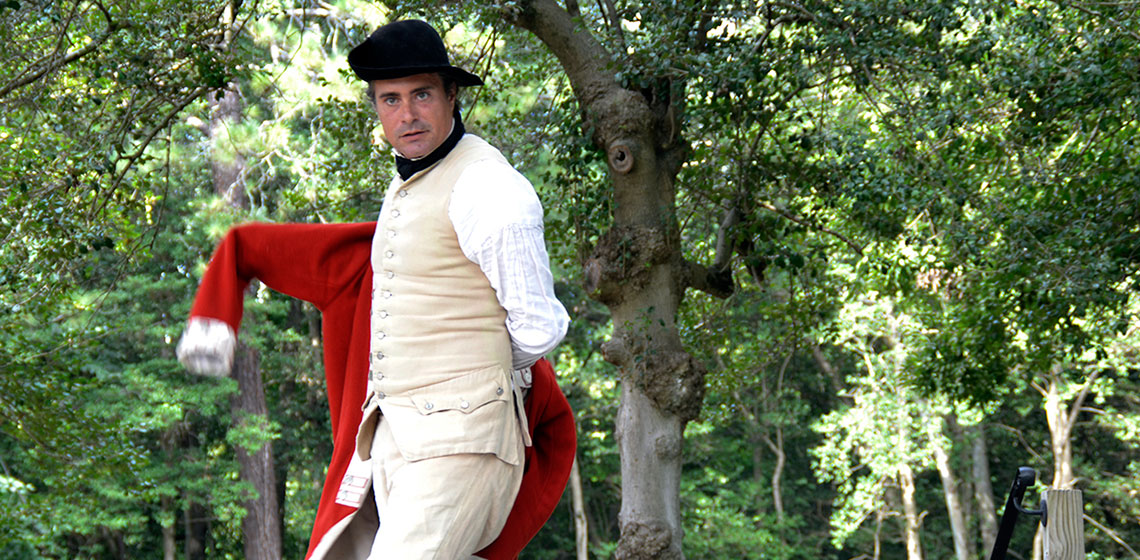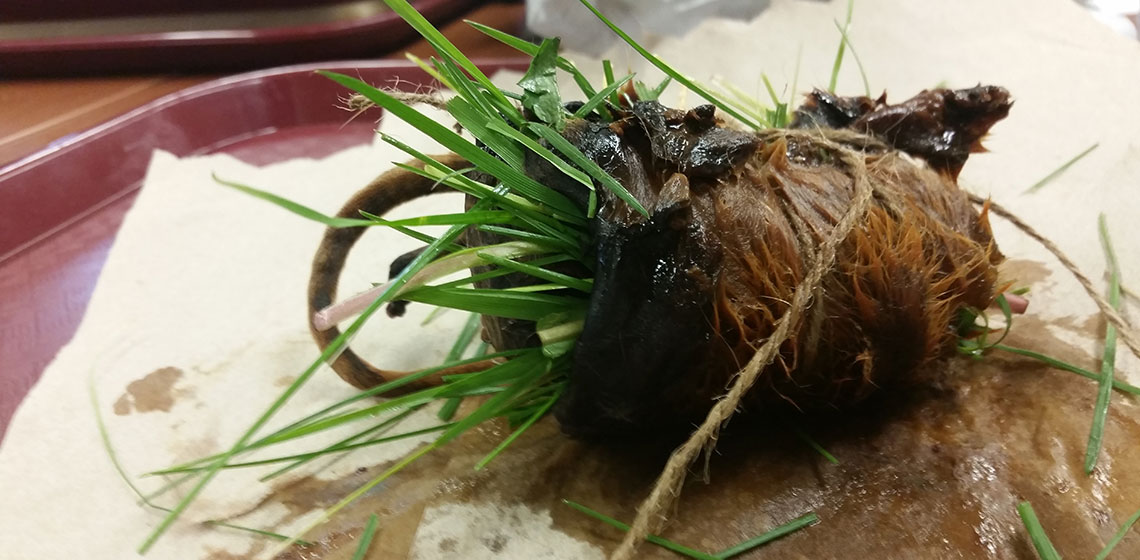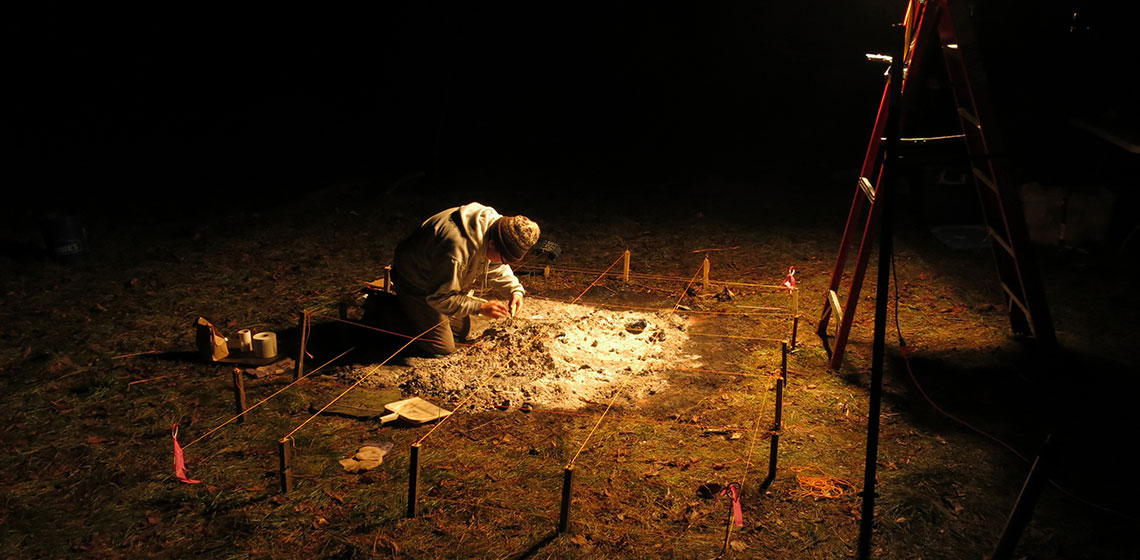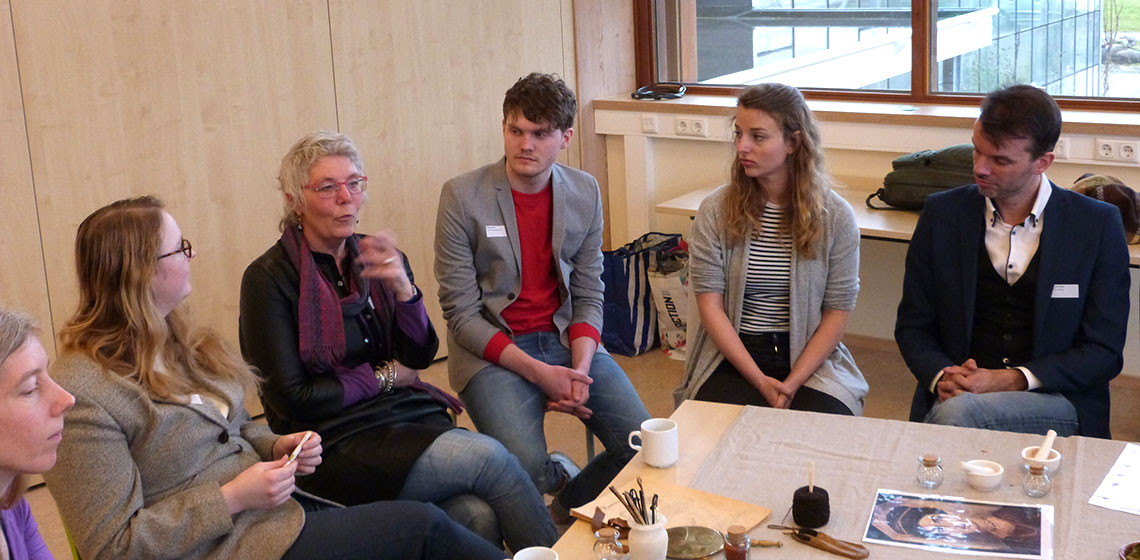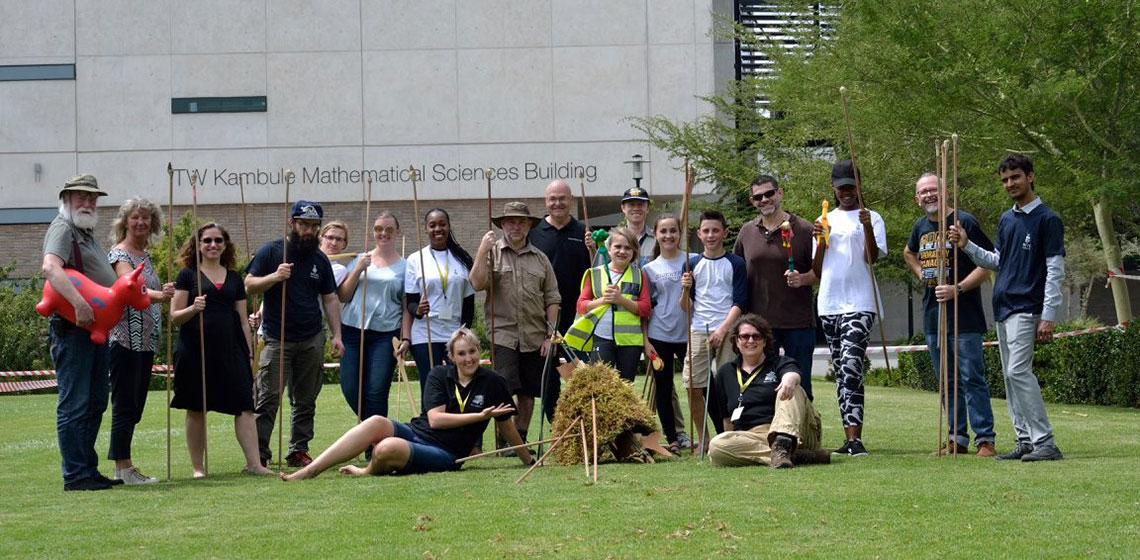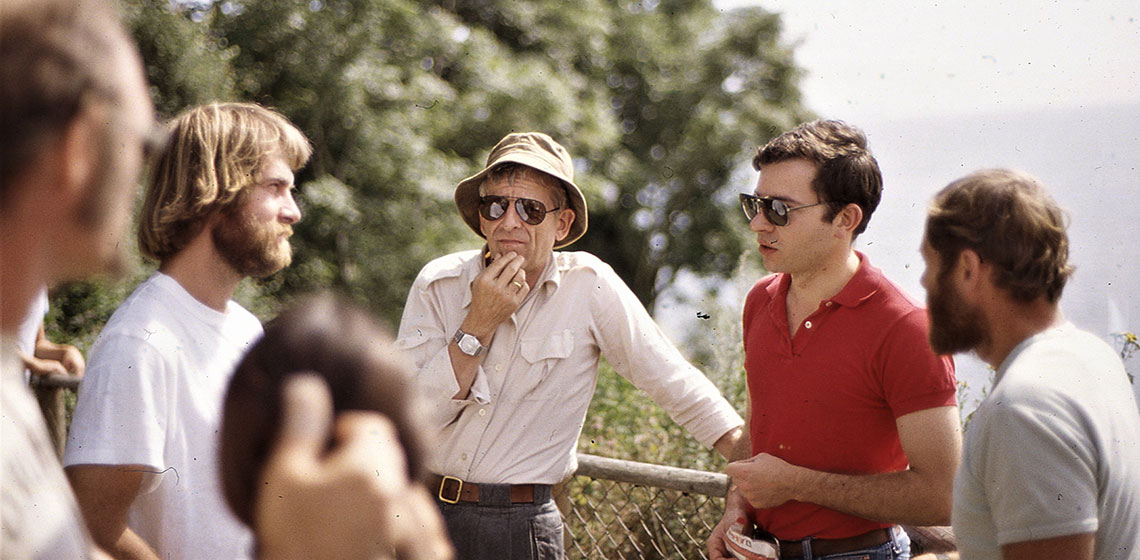Newest Era
CRAFTER: Reviving Bronze Age Pottery in EU-funded Project
Publication Date
The CRAFTER project aims at reviving modern-day artisanship by drawing inspiration from pottery traditions of four of the most remarkable Bronze Age societies of Europe: El Argar (south-eastern Spain), Únětice (Central Europe), Füzesabony (eastern Hungary) and Vatin (south Serbia)...
Conference Review: Mission á ICOM Paris: The ICOM June Meetings 2018
Publication Date
The International Council of Museums or ICOM has 41,000 members worldwide, all of which are museum professionals. In a span of six years, ICOM grew from 31,000 to 41,000 members; Europe makes up 84% of members, whilst individual members total to 93%. As a member you are entitled to an ICOM Membership Card, which gives you free entrance to thousands of museums worldwide...
Conference Review: African Conference on Experimental Archaeology 2018 from a Volunteer’s Point of View
Publication Date
The first Experimental Archaeology conference on African soil (ACE 2018) brought people from near and afar. Without knowing it I found myself among the Local Organising Committee of the conference. Each day was a learning curve as I sat in on those meetings and was also assigned to do certain tasks as we were preparing for the conference...
Re-Creating an Aboriginal Earth Oven with Clayey Heating Elements: Experimental Archaeology and Paleodietary Implications
Publication Date
Earth ovens may relate to different ancestral cooking techniques, serving specific needs and functions. In eastern and south-eastern Australia, they were a significant element of a thriving pre-colonial Aboriginal culture. However, today it is extremely rare to find such structures well preserved. Based on archaeological and historical records...
History in Motion: Colonial Williamsburg
Publication Date
Boundaries are always an interesting topic. In the framework of the current heritage buzz word decolonization, boundaries might also represent what is “colonised” in every cultural enterprise, or to be more specific, how and why some form of power obtruded its authority, and to what extent. Like almost all other museums, Colonial Williamsburg deals with the past. The past has its own boundaries that...
Comparing Mummification Processes: Egyptian & Inca
Publication Date
This two-year research project was carried out as part of SUNY Potsdam’s Presidential Scholars program which allows undergraduates to conduct independent research. The project employs controlled laboratory experiments to compare desiccation rates in natural and artificial mummification processes while considering the cultural context of the funerary practices. Artificial mummification techniques of ...
Experimental Approaches to Student Success
Publication Date
10th EAC Leiden 2017
***An undergraduate student who hopes to secure meaningful work or pursue graduate studies needs to have excellent grades. This is true for all disciplines, but especially for niche fields like archaeology. Grades alone, however, are rarely enough. Employers and graduate schools seek candidates that are not only ‘book smart’ but who have...
***An undergraduate student who hopes to secure meaningful work or pursue graduate studies needs to have excellent grades. This is true for all disciplines, but especially for niche fields like archaeology. Grades alone, however, are rarely enough. Employers and graduate schools seek candidates that are not only ‘book smart’ but who have...
Event Review: Archaeology Networking Day, Education & Living History in the Netherlands
Publication Date
In early March, three EXARC members organized a networking day focusing on archaeology, education and living history. They invited museum colleagues from both indoor and outdoor museums; ship wharfs building reconstructions of old ships, craftspeople, academics and entrepreneurs in these areas. Their motivation came from the knowledge that even in a small country like the Netherlands...
Conference Review: 1st African Conference on Experimental Archaeology (ACE), 2018
Publication Date
The first African Conference on Experimental Archaeology (ACE) took place at the University of the Witwatersrand in Johannesburg, South Africa, between 20th and 22nd March 2018. The conference, co-organised by EXARC, provided a platform for African-based scholars to showcase their experimental research. Scholars from as far afield as the USA, France and India participated in the conference...
Obituary: Peter Kelterborn (4 July 1928 – 9 March 2017)
Publication Date
On 9 March 2017, Peter Kelterborn, Swiss civil engineer and experimental archaeologist closed his eyes for good at the age of 89. He was known to many of his colleagues through his well-researched works on prehistorical flint and rock technology, but also from his methodological scientific experiments in archaeology. Many cherished him as a modest and thoughtful colleague, friend and counsellor...

